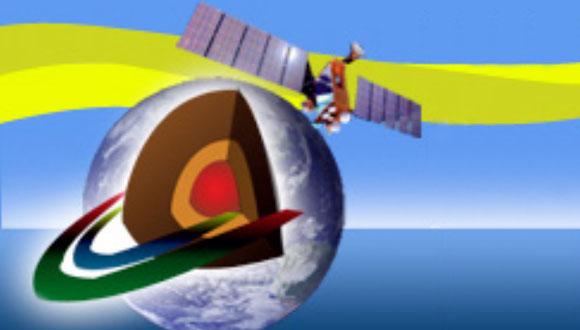קולוקוויום בחוג לגאופיזיקה: Infra-gravity waves — Essential Ocean Variables
Prof. Yaron Toledo, TAU
Zoom: https://tau-ac-il.zoom.us/j/83214768513?pwd=DVcTF038Yl7VV6RSP3XDtsrL4mT6MO.1
Abstract:
Infra-gravity waves (IGWs), with periods ranging from 25 to 300 seconds, represent a unique category in ocean surface wave classification. Being longer than wind sea and swells, but shorter than tsunamis and tides, they play an important role in a wide range of physical and environmental processes. Among others, IGWs have a significant influence on coastal morphodynamics including flooding, seiche formations in natural bays, and harbor agitations. They also affect satellite altimetry measurements; produce Earth's seismic hum and interact with and potentially break ice shelves.
The lack of adequate instrumentation and the difficulty of measuring IGWs, especially in deep waters, significantly limit our knowledge. Furthermore, IGWs encompass three main components: free, bound, and edge waves. Free IGWs behave like very long swells. Due to their longer wavelengths, they are strongly influenced by the bathymetry, even on the continental shelf and in the open sea. Edge IGWs travel along the shore, with their amplitude decreasing with distance from the coastline. Bound IGWs are nonlinear corrections associated with the shorter wind sea and swell waves. For the same frequency, each component can manifest different wavelengths, phase velocities, and vertical profiles, which adds up to the complexity of their measurement analysis. At present, there are no global measurement maps of IGW energy content, nor is there any analysis of their long-term trends.
In terms of their modeling, historically the majority of development relates to deterministic nonlinear wave models for calculating nearshore IGW generation. Nevertheless, various findings show that free IGW that arrive from the open sea can have detrimental impact on IGW energy content. This requires basin- and global-scale modeling, which currently do not include adequate process-based nonlinear source-terms.
The talk will provide an overview on IGWs, and present several directions our group pursuits to close the above gaps. Even though IG waves are integral in various fields, they are not defined as Essential Ocean and Climate Variables (EOVs and ECVs). They fall between the Sea Surface Height and Sea State EOVs/ECVs in both time and length scales. Our recent initiative to address this issue will also be presented. It includes 30 scientists from various disciplines advocating for the inclusion of IGWs as a specific category within the Sea State EOV, and highlighting their cross-disciplinary importance in the context of climate change.
מארגן האירוע: ד"ר אריאל ללוש


